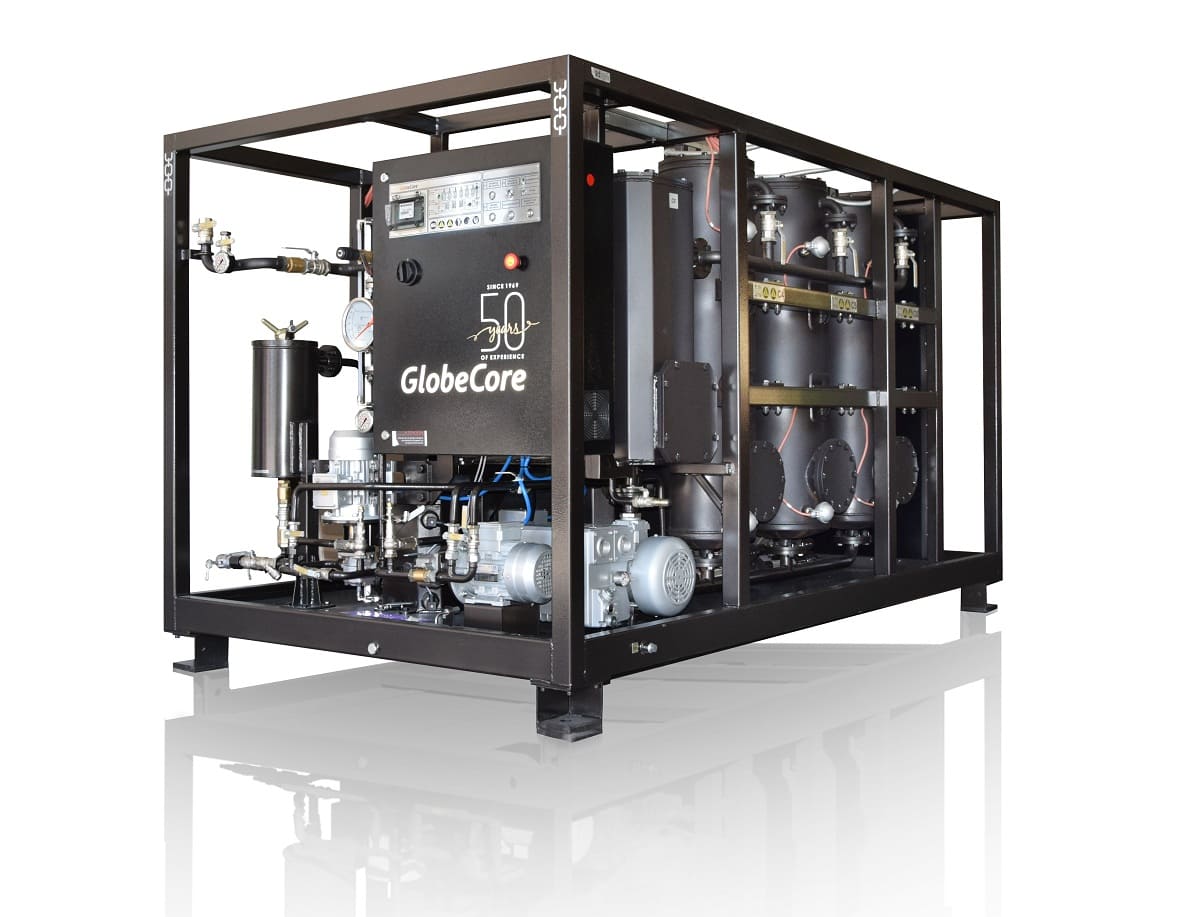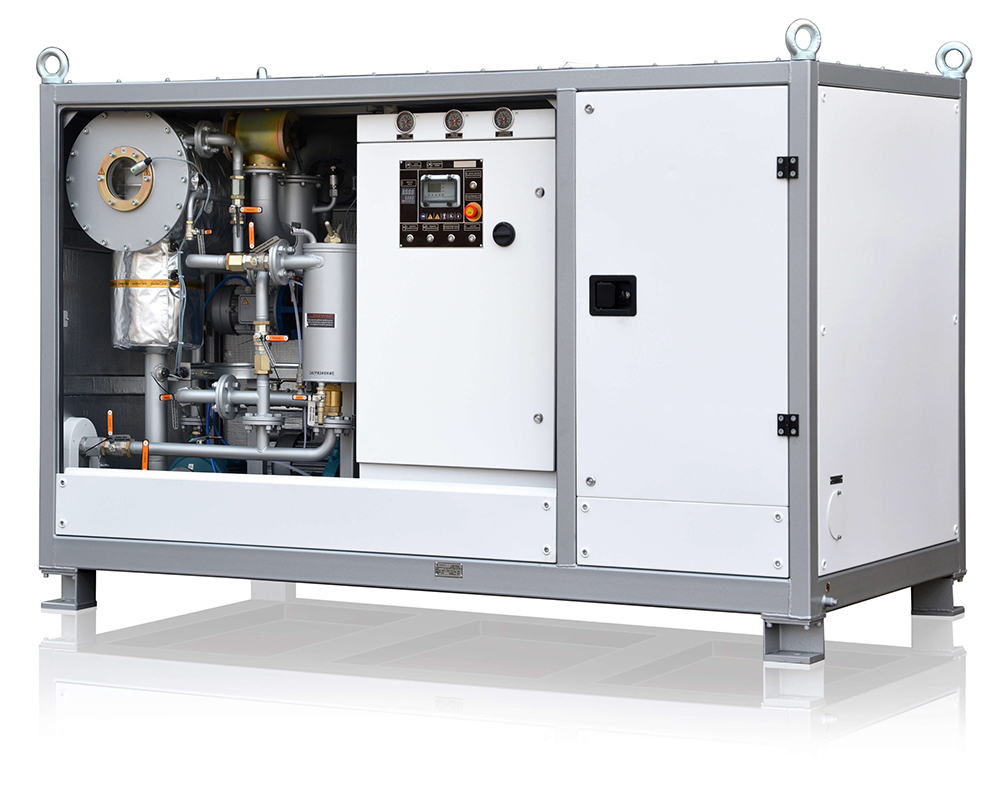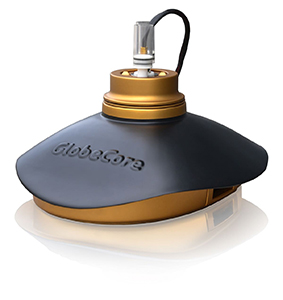Comprehensive Industrial Oils FAQ: Transformer, Turbine, and More
How does transformer oil circulation work?
- This topic has 1 reply, 2 voices, and was last updated 1 year, 5 months ago by .
Answers
-
September 12, 2024 at 3:47 pm by Ahmed Abdullah
Transformer oil circulation involves the movement of transformer oil within the cooling system of a transformer to maintain optimal operating temperatures. The process begins when the transformer generates heat during its operation; the oil absorbs this heat, becoming less dense and rising to the top of the tank. As it rises, cooler, denser oil from the bottom descends to take its place, creating a continuous cycle that promotes efficient heat dissipation. This circulation is often facilitated by natural convection, or it can be enhanced by using pumps in larger transformers to ensure a more rapid and even distribution of the oil throughout the transformer. Proper transformer oil circulation is crucial for maintaining the insulating properties of the oil and ensuring the longevity and reliability of the transformer. Regular monitoring and maintenance of the transformer oil circulation system is essential to prevent overheating and mitigate risks of transformer failure.



